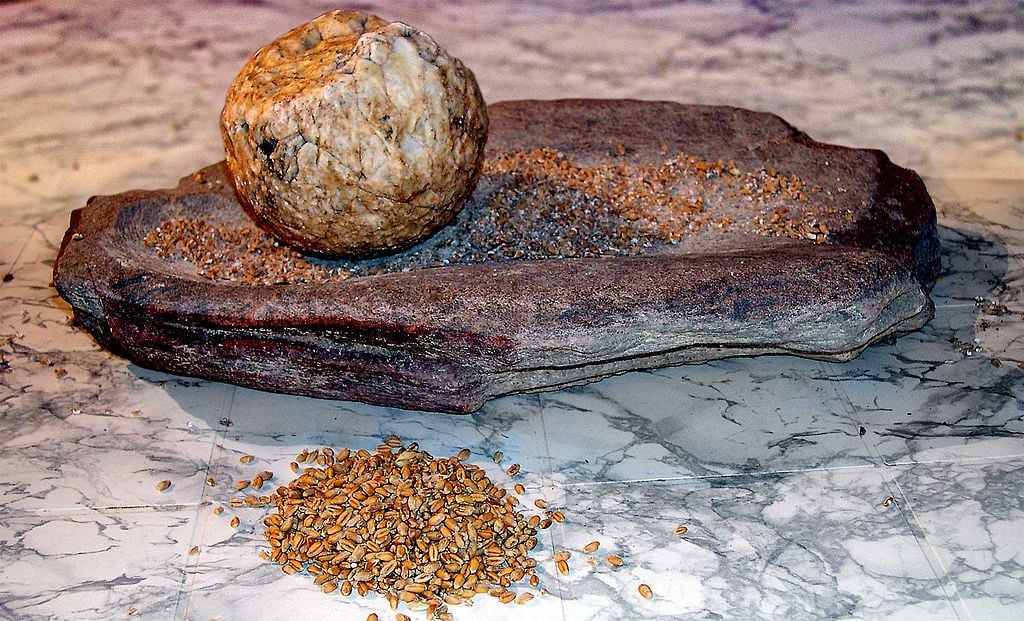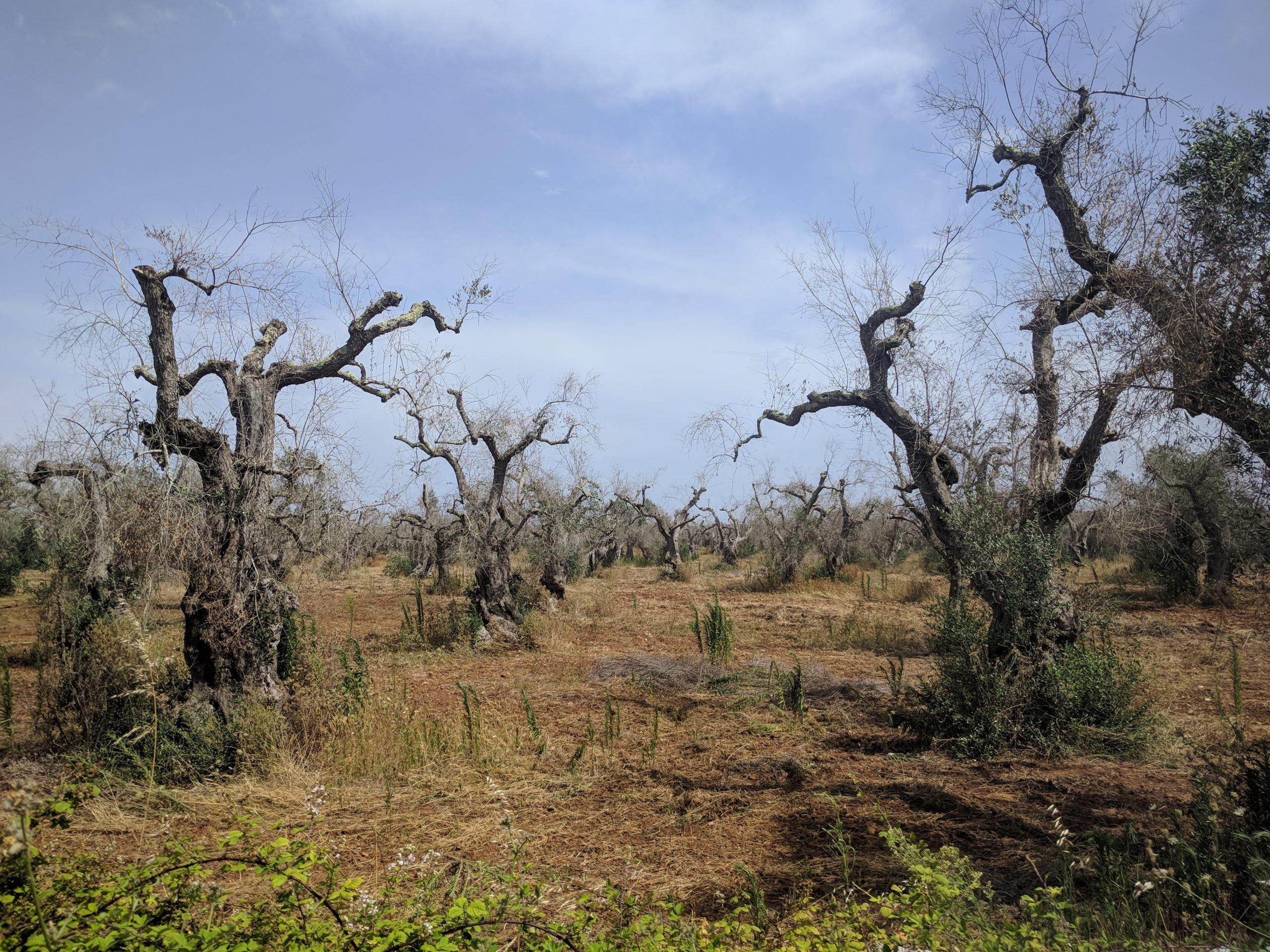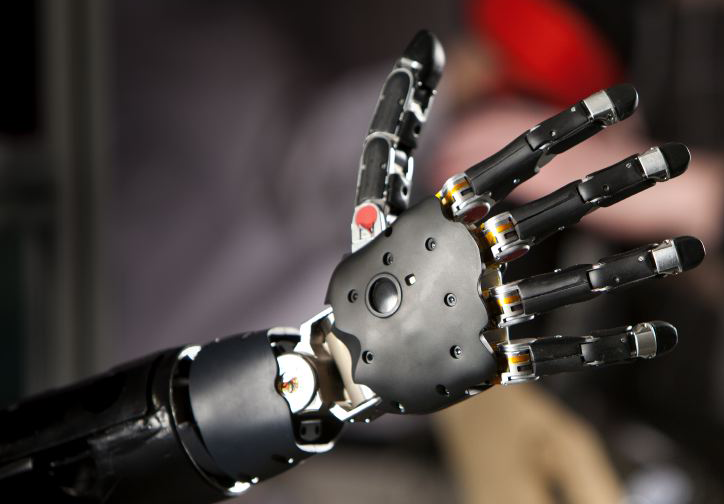Making satellites safer: the search for new propellants
by Kelly Oakes Developing new propellants for satellites to replace toxic hydrazine would make launching and handling satellites safer but it also requires disrupting current systems, according to researchers. As the number of satellites soars, so will the amount of fuel we use to launch them. And getting into orbit is only half of the equation. … Read more






